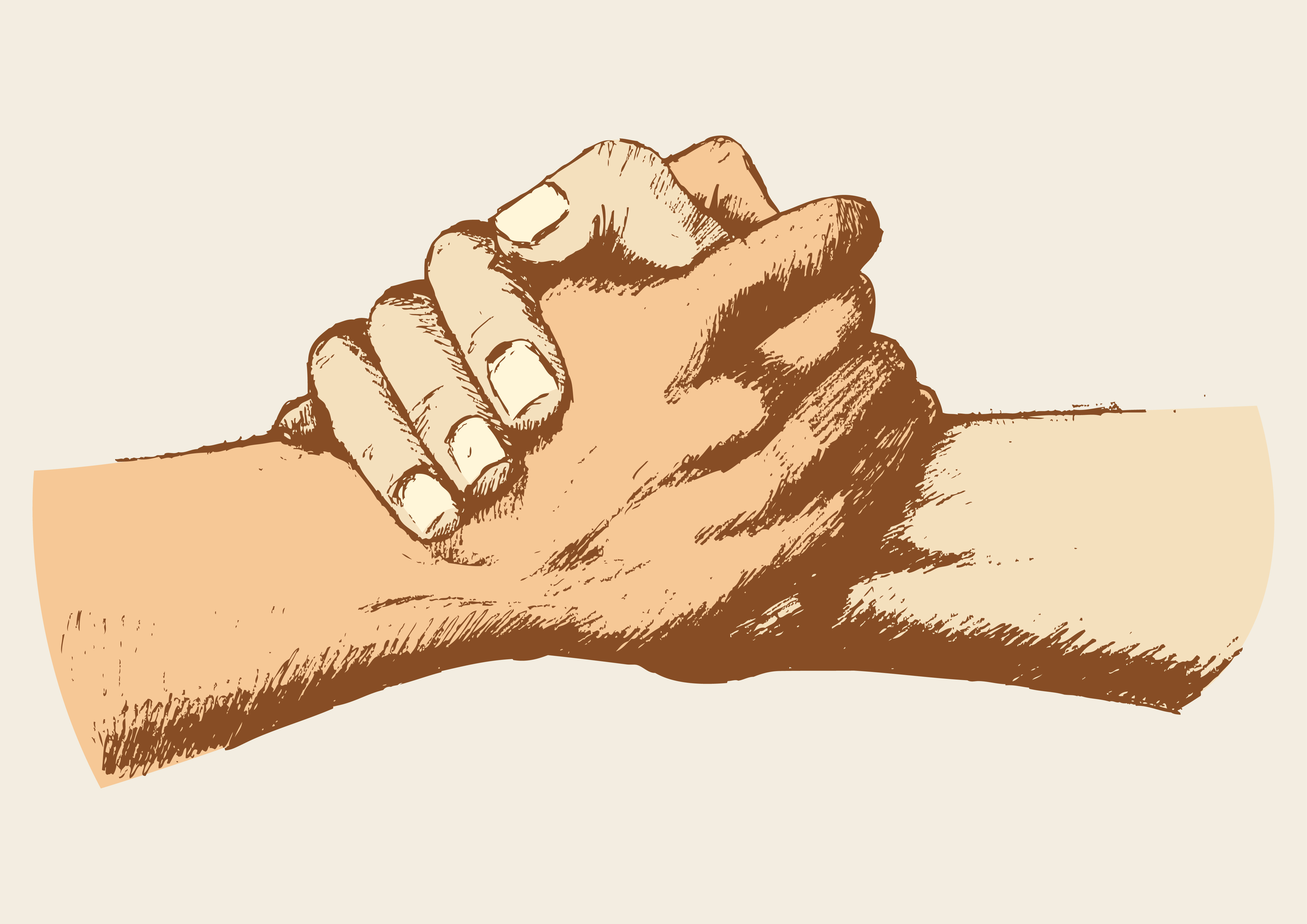I was invited to watch a soccer game in a box at a local stadium.
It was a chance to network for a new job and I was feeling a little bit out of my element.
So I said yes to the butter chicken.

The idea of a meal prepared by an Executive Chef in a kitchen sounded safe to me.
I spoke with the Chef, read their ingredients list, and went over all the possible questions for cross contamination. Did you use a clean cutting board? Is there a designated area where you prepare the ingredients? The staff assured me that this was the standard dish they serve to food allergic guests.
I dabbed the sauce on my tongue with my finger before dipping my spoon into the dish (the classic eating-out test for me).
But seconds after the sauce touched my tongue I was administering my Epi-Pen® and was rushed to the hospital by ambulance.
The most terrifying part of the event was the ambulance ride.
The driver was stopped at a traffic light only a block away from the stadium when suddenly there was pounding on the side of the ambulance truck.
A dad was driving his teenage son to the hospital because he was going into anaphylactic shock. He wasn’t carrying his medication on him.
And he had also eaten the butter chicken.
Here’s what I learned from this close call:
- Auto-injectors like my Epi-Pen® are a painless tool that will save your life. This was the first time I administered my Epi-Pen® on myself. Before this, I was terrified. I would typically rush myself to the hospital after consuming lots of Benadryl®. Was it denial of being in anaphylactic shock? Fear of doing it wrong? I’m not sure. That moment made me realize how important administering an auto-injector is during a crisis.
- Don’t feel pressure to eat out just to feel included. In my professional life, I often have moments where I feel like I fit in and my food allergies don’t exist. I feel like we’re all equals, part of a team, working together to create something awesome. If your friends or colleagues respect and understand your food allergies, compromises can be made to tailor to your needs.
- Always have a buddy who knows where your medication is located, at any age. My wonderful friend rushed to my purse seconds after the spoon hit my tongue. She gave me my Epi-Pen® within one minute of the reaction starting. She knew I had severe food allergies and remained calm in the situation. She stayed with me in the hospital and reached out to my emergency contacts.

- If you trust a kitchen with preparing your food, request to have something made fresh for you with simple ingredients. Don’t go for the prepared butter chicken from the chef who isn’t working the shift anymore. If the kitchen passes your trust test, choose uncomplicated, simple food. A grilled chicken breast without sauce and one side veggie is much easier than a complex soup with a long list of possible contaminants.
- Despite your due diligence, mistakes can happen. The teen who also had a reaction to butter chicken was a season pass holder for the stadium. He always ate the butter chicken at games. But that day the chef used one different ingredient. We can’t predict these things and it’s part of what we live with every day.
- Always go to the hospital. I received a second dose of epinephrine when I arrived at the hospital. About two hours after arriving, while in the waiting room, I went into anaphylactic shock again. Always seek physician care even if you have used your Epi-Pen®.
Cashew paste. The morning chef used cashew paste and didn’t follow the kitchen’s recipe.
That night I learned a valuable lesson. We all know that eating brings people together, and in that stressful situation, I wanted to feel included. But it’s never worth the risk.
After that night, I promised myself to never again concede to the pressure to eat out in public.
Do you have any lessons from a close call to add?
– Catherine B.
Tags: Catherine B., Close call, Cross-contamination, Eating out with allergies, workplace